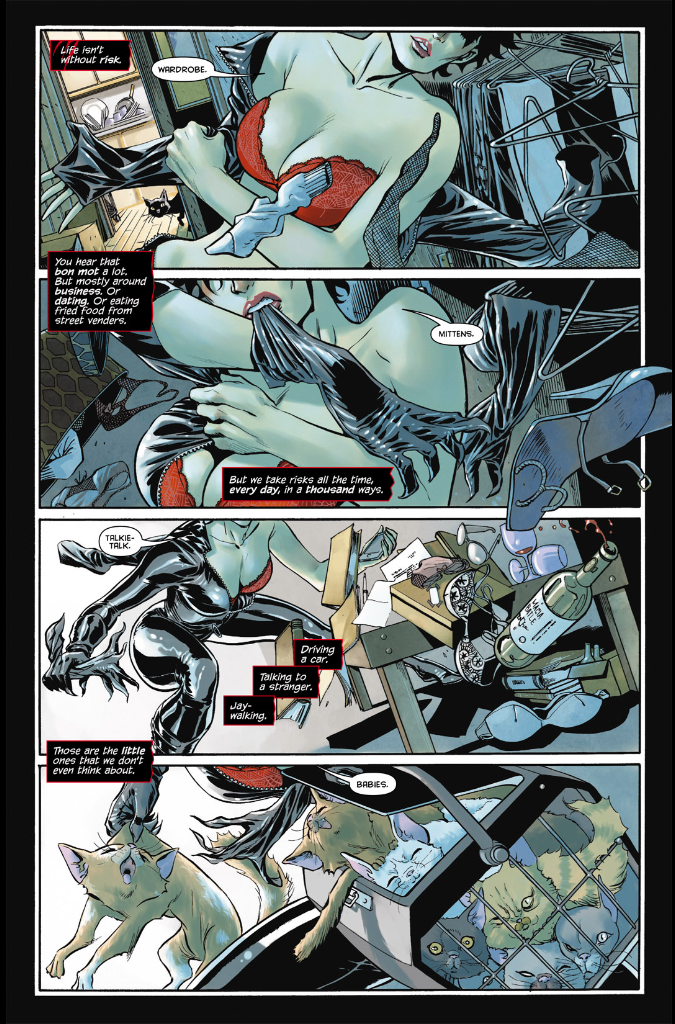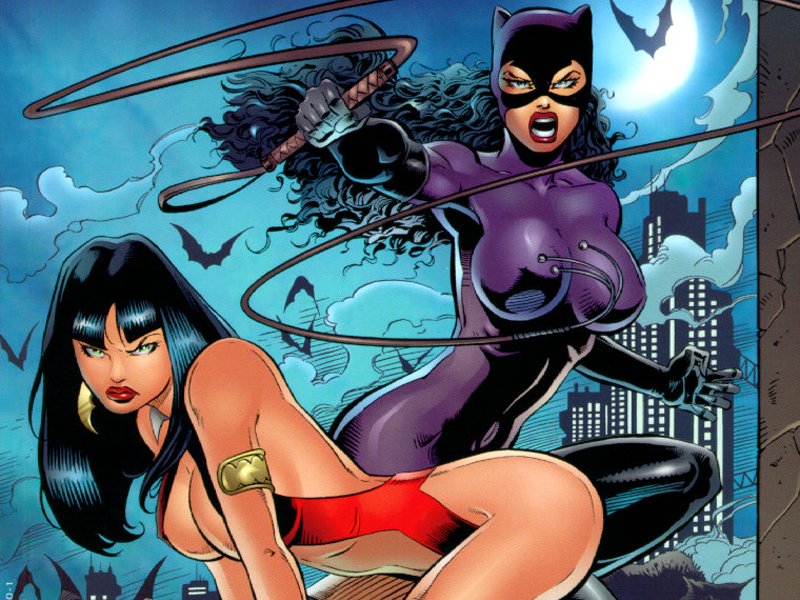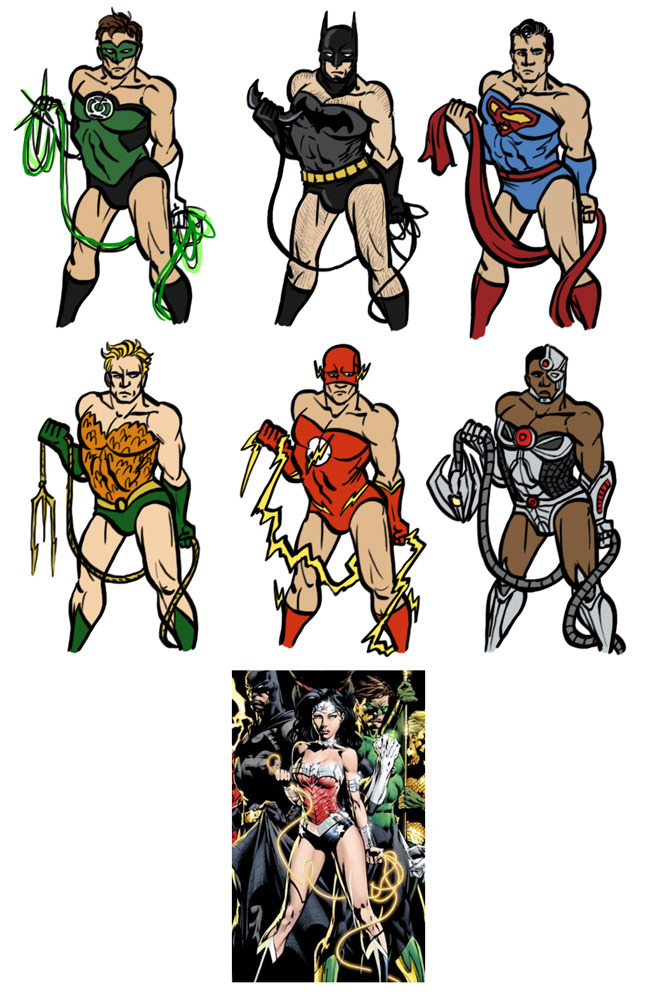Community is one of the most clever and creative shows on television today. It's certainly the most ambitious sitcom going, perhaps ever. And it has John Goodman occasionally.
Commercially, it's been rough, yes, but I'd rather get a handful of seasons of an
Arrested Development than another nine-and-counting seasons' long sludge pump of
Two and a Half Men. I love the show. And I hope it gets its six seasons. A movie? Eh, maybe. But I'd see it regardless.
That said...
I want to like the show more than I do. Part of it is that I'm more of a
Parks and Recreation guy (
oh, Ron Swanson) and the stupid, baseless competition between the two fan groups has been hard to totally stay out of. But most of it is the bear-hug embrace by its fans. Pop culture nerds and Internet-shackled geeks (among whom I count myself and a number of friends) worship the show and I get why. However, that sort of thing also runs into a neurosis of mine: the contrarian streak. If I don't already adore something--and sometimes even if I do--it's hard for me to hear constant praise of it
without wanting to become a dissenting voice, even if I have no real desire to dissent. I call it the Joss Whedon-effect. It's unfair, irrational, and entirely my problem. I'd like to say it makes me a stronger critic of writing, both my own and that of other people, but it has very little practical application and is kind of dickish. And it forces me to obsess over cracks that may not be a big deal otherwise.
Very few shows work well when their characters are hard to sympathize with. Everyone knows
All in the Family made a horrible and unlikable person basically sympathetic by showing why he was the way he was (it helps, I think, that most every family has an Archie Bunker).
Cheers' Cliff Clavin was generally more obnoxious than horrible, but fans knew there was a good guy in there--he just happened to always be trying too hard. Some shows get away with making characters bad people, but work because we understand--and maybe even share--the badness and because it's funny:
Seinfeld is still the king there. I already mentioned
Arrested Development, where the lack of sympathy is probably part of what doomed the show, but the regular watchers whom the show rewarded (much as
Community does its die-hards) saw enough glimpses of humanity underneath the cartoons; and for shows where the cartoons are funny enough (see
30 Rock in its prime), this works. Then there's the professional wrestling model, where as long as the heel gets his comeuppance every so often, he can sink to any depths.
South Park can get away with having Eric Cartman do vile, vile things, so long as he's appropriately beaten down a couple of times a season (it also helps that he's nine). Which brings me back to
Community and Abed Nadir.
At the end of last October's "Horror Fiction in Seven Spooky Steps," we see that a series of personality tests taken by the group--tests which had previously been assumed to identify one member of the group as a "psychopath" and are then shown to be interpreted backwards, producing six psychopaths and one "normal"--has revealed Abed to be the most normal of the group. Now, ignoring the fact that if any of them is normal, it's Troy (a friendly, likable, eager guy who's maybe a little dull-witted at times but that's about it), this still seems disingenuous. Season Two's "Abed's Uncontrollable Christmas" was one of a few that has highlighted how deep Abed's psychoses go. Now, a character as thoroughly screwed up as Abed can still be a decent person, and in a sitcom setting may even be charming. But when we're also supposed to swallow that he's the sane one? With that revelation, I began to suspect that Abed may be the show's way of rationalizing the socially awkward behavior of its nerd fanbase (of which I am one). That what's most important to be yourself, at the expense of anyone and everyone around you. "
Digital Exploration of Interior Design" from a few weeks ago features Abed refusing to compromise on something so trivial as blanket fort versus pillow fort, in a literary reference no one could miss: of course it would be the show's resident manchild who would demonstrate the most John Galt-tendencies, even moreso than the resident industrialist. And at least Pierce Hawthorne is
acknowledged as an asshole in the show's universe.
Then came this week's episode: "
Virtual Systems Analysis." In it, Abed descends to the lowest point that I think he can for me. In the beginning of his fantasies, he describes his mission as Dr. Spacetime to protect "innocent unremarkables." He later huffs and wants to give up playing when Annie doesn't play exactly as he wants. Remember: we're presumably supposed to like this guy;
this guy who makes everyone stop what they're doing to indulge his fantasies. His roommate and
best friend Troy tells Annie that she has to be careful around him, not to "break him." This seals it then, doesn't it? Abed's a fragile, selfish child that the others put up with because the point of the show is that friendship trumps everything. Well, if it trumps
everything...
But then, the show did something less expected and very welcome. Go see it if you haven't already, but for the first time since October, it breaks Abed down and
admits angrily points out that "there is something wrong here" and more remarkably, Abed appears to accept it. He is given comeuppance and comes out a tad healthier--he gains empathy. He may or may not still be the sane one, but at least that can no longer function as armor.
Series creator Dan Harmon has announced that he, like Abed,
has Aspergers and frequently has trouble empathizing with people. In that light, Abed's recent arc makes a lot more sense. A writer can come up with some very powerful stuff when working through personal issues. With this, the former rationalization of horrible selfishness and childishness becomes Dan Harmon hitting a wall with his own issues, which lends itself to Abed's revelation.
Abed probably hits a little close to home for me. Not just the aforementioned contrarian streak, which causes me to start picking apart the most mundane things in an attempt to understand them (much the same as Abed does, albeit coming from a different place). Nor the occasional social awkwardness. My empathy sense fails on occasion, too, and while it's again coming from a different place (my WASP-yness, his emotional trauma) the fall backs to pop culture tropes in place of genuine emotion (sci-fi television in his case,
The Simpsons in mine) strike a chord. But also because, perhaps like Harmon, I created a character who is too much like me for my own liking. All of my characters are me, some more so. James Reso actually became easier to write when I accepted that, had a dozen or so things gone differently, he could be me. Or not too unlike me.
So it was all the more troubling when I was having friends read early drafts of
Nos Populus and a common note was that James could often be childish, irritating, or even cruel (sound familiar, Abed?). And, it's true, he can be those things. But for the book to readable, I needed to pull back and show James' human side, how he got to where he was, and how he could also be a decent guy when he understood what he was doing. If I could do that, then the reader's reaction to the bad things he does later is more in line with what I wanted. Or at least, the reader's reaction is something other than "couldn't have happened to a more deserving son of a bitch." Did I succeed?
Read it and tell me.
I'll give
Community the benefit of the doubt and assume they'd been working Abed to make this turn all along. And, like with Pierce last season, they needed to push him to his worst in order to redeem him (even if Pierce's payoff never totally happened). But it required a good long stretch of Abed being near unbearable. And maybe they
can "put him back together" as Annie seemed to this week. But if they can't, and the demands of an ongoing television show bar them from making that kind of permanent change, is it deserving of it's fans, it's viewership? Was the character--and it's creator--ever worth our time and investment?
Well, maybe for now I'll just hope that
Community can do it.






